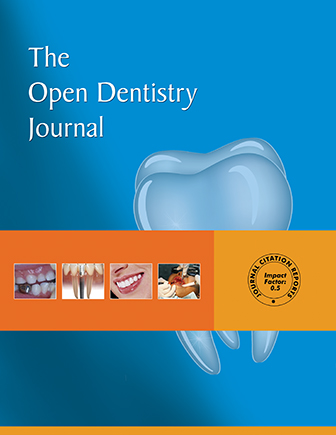Comparing the Quality of Life of Patients Requesting Dental Implants Before and After Implant
Abstract
Background and Objectives:
Tooth loss is a serious life event that impairs two important functions, namely, eating and speaking, and has significant side effects on different aspects of quality of life. These effects are internalized by the individual. The present study aimed to compare the quality of life (QOL) of patients requesting dental implants before and after implant.
Materials and Methods:
This analytical cross-sectional study was conducted on patients referred to the Mashhad faculty of Dentistry and private clinics with dental implants in 2015. Patient Quality Of Life (QOL) was assessed using the Oral Impact on Daily Practice (OIDP) questionnaire. Data were analyzed using SPSS software.
Results:
In this study, the most common problems reported by patients were eating (78%), smiling, laughing, and embarrassment (53%) before surgery. The quality of life associated with eating; speaking clearly; clean teeth or dentures; light physical activities, such as working at home, going out to work or meeting others; smiling; laughing; showing teeth without discomfort and embarrassment; emotional conditions, such as becoming upset quicker than usual, enjoying communication with others (i.e., friends, relatives and neighbors); and job-related activities significantly increased after surgery, but QOL associated with the amount of sleep and resting did not improve. No significant association was noted between quality of life after implantation and place of residence, education and gender.
Conclusion:
In this study, implants had a favorable impact on a patient’s quality of life.


